
Building on the momentum of our Annual Lecture, the workshop discussed the insights shared by Professor Joshua Cohen and broadened the conversation to include AI-enabled democracy and corporate democratization.
A write-up of this event is available to read here.
For the agenda, please click here.
The Institute for Ethics in AI will bring together world-leading philosophers and other experts in the humanities with the technical developers and users of AI in academia, business and government. The ethics and governance of AI is an exceptionally vibrant area of research at Oxford and the Institute is an opportunity to take a bold leap forward from this platform.
Every day brings more examples of the ethical challenges posed by AI; from face recognition to voter profiling, brain machine interfaces to weaponised drones, and the ongoing discourse about how AI will impact employment on a global scale. This is urgent and important work that we intend to promote internationally as well as embedding in our own research and teaching here at Oxford.

Professor John Tasioulas, the inaugural Director for the Institute for Ethics and AI, and Professor of Ethics and Legal Philosophy, Faculty of Philosophy, University of Oxford. He was previously the inaugural Chair of Politics, Philosophy & Law and Director of the Yeoh Tiong Lay Centre for Politics, Philosophy & Law at The Dickson Poon School of Law, Kings College London. Professor Tasioulas has degrees in Law and Philosophy from the University of Melbourne, and a D.Phil in Philosophy from the University of Oxford, where he studied as a Rhodes Scholar. He was previously a Lecturer in Jurisprudence at the University of Glasgow, Reader in Moral and Legal Philosophy at the University of Oxford, where he taught from 1998-2010, and Quain Professor of Jurisprudence at University College London. He has also acted as a consultant on human rights for the World Bank and is a member of the International Advisory Board of the European Parliament's Panel for the Future of Science and Technology (STOA). He has published widely in moral, legal, and political philosophy.
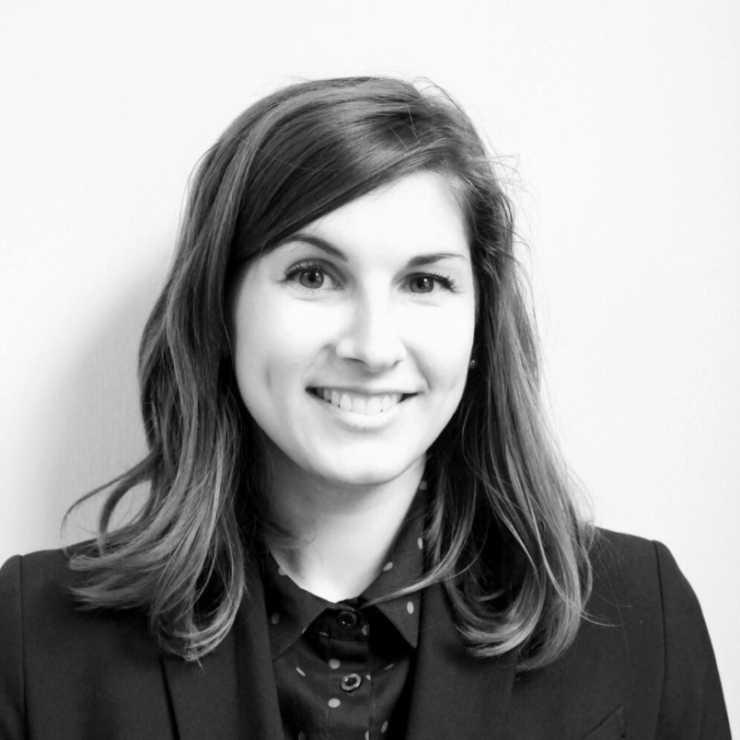
Claudia Chwalisz is the Founder and CEO of DemocracyNext. She has been working on democratic innovation for over a decade, initially sparked by her research on populism and the extent to which it is driven by people’s disillusionment with the political system and with a lack of agency to shape the decisions affecting their lives. participation from 2018-2022, creating the Deliberative Democracy Toolbox, which includes a public database of over 700 examples of Citizens’ Assemblies, the flagship report Catching the Deliberative Wave (2020), standards for implementation (2020), and guidelines for evaluation and institutionalisation of deliberative assemblies (2021), as well guidelines for citizen participation processes (2022). Claudia is an Obama Leader 2023 and serves on the Advisory Boards of the UN Democracy Fund, The Data Tank, and Design & Democracy.
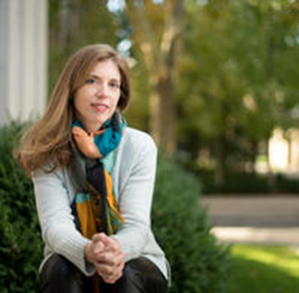
Professor Hélène Landemore is a Full Professor in the Political Science department at Yale University. She is also a Faculty Fellow with Yale’s Institute for Social and Policy Studies (ISPS), where she leads a research agenda on Citizens' Assemblies within Democratic Innovations, a new ISPS program designed to identify and test ideas for improving the quality of democratic representation and governance.
In 2022-23 she served on the governance board of the French citizens’ convention on end of life organized by the CESE (Economic, Social and Environmental Council). She is also part of the group of female researchers (led by Isabelle Ferreras, Julie Battilana, and Dominique Méda) who started the movement Democratizing Work in May 2020.
She is also a strategic advisor to the non-profit organization Democracy Next.

Professor Josiah Ober works on historical institutionalism and political theory, focusing on the political thought and practice of the ancient Greek world and its contemporary relevance. He is the author of a number of books mostly published by Princeton University Press, including Mass and Elite in Democratic Athens (1989), Political Dissent in Democratic Athens (2008), Democracy and Knowledge (2008). He has also published about 75 articles and chapters, including recent articles in American Political Science Review, Philosophical Studies, Hesperia, Polis, and Transactions of the American Philological Association.His new book on The Rise and Fall of Classical Greece will appear in Spring 2015, from Princeton UP. It documents and explains the remarkable Greek efflorescence of ca. 800-300 BCE, the Macedonian conquest of the late fourth century, and the persistence of economic flourishing into the Hellenistic era. Other work in progress includes a general theory of democracy, a study of rational cooperation and useful knowledge in Greek political thought.
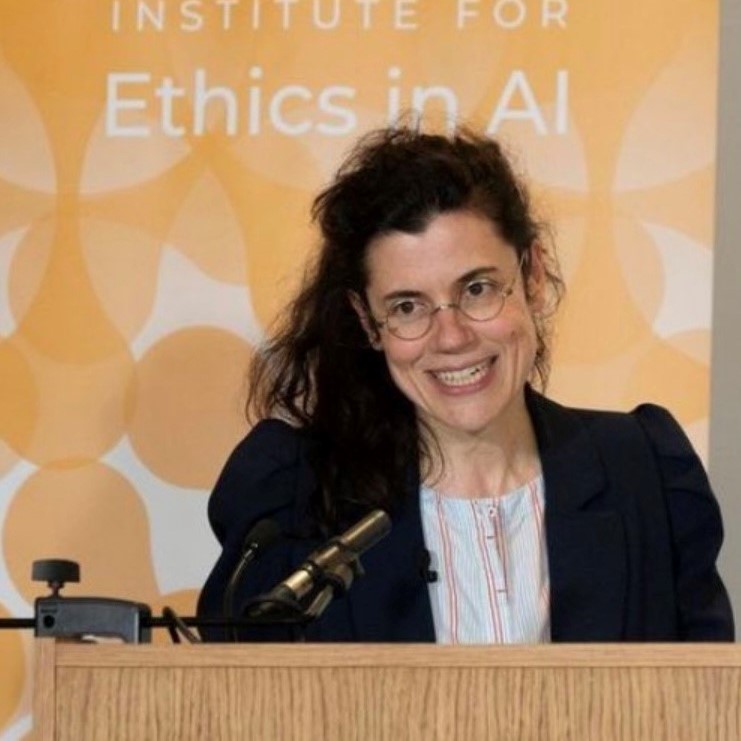
Professor Isabelle Ferreras is currently a Visiting Fellow at the Institute for Ethics in AI, and Fellow of Jesus College, Oxford. Isabelle a senior tenured fellow (Maître de recherches) of the Belgian National Science Foundation (F.N.R.S., Brussels). She is professor of sociology at the University of Louvain (Louvain-la-Neuve, Belgium) where she teaches at the Department of Social and Political Sciences, at the Institut des sciences du travail and at the Economics School of Louvain. Isabelle is a tenured researcher of the Louvain CriDIS (Centre de recherches interdisciplinaires Democracy, Institutions, Subjectivity), a Senior research associate of the Center for Labor and a Just economy at Harvard Law School. Ferreras is an elected member of the Royal Academy of Sciences, Humanities and the Arts of Belgium. In 2019, she was elected Director of her Class Technology and Society, and President of the Royal Academy of Belgium for the years 2021 and 2022.
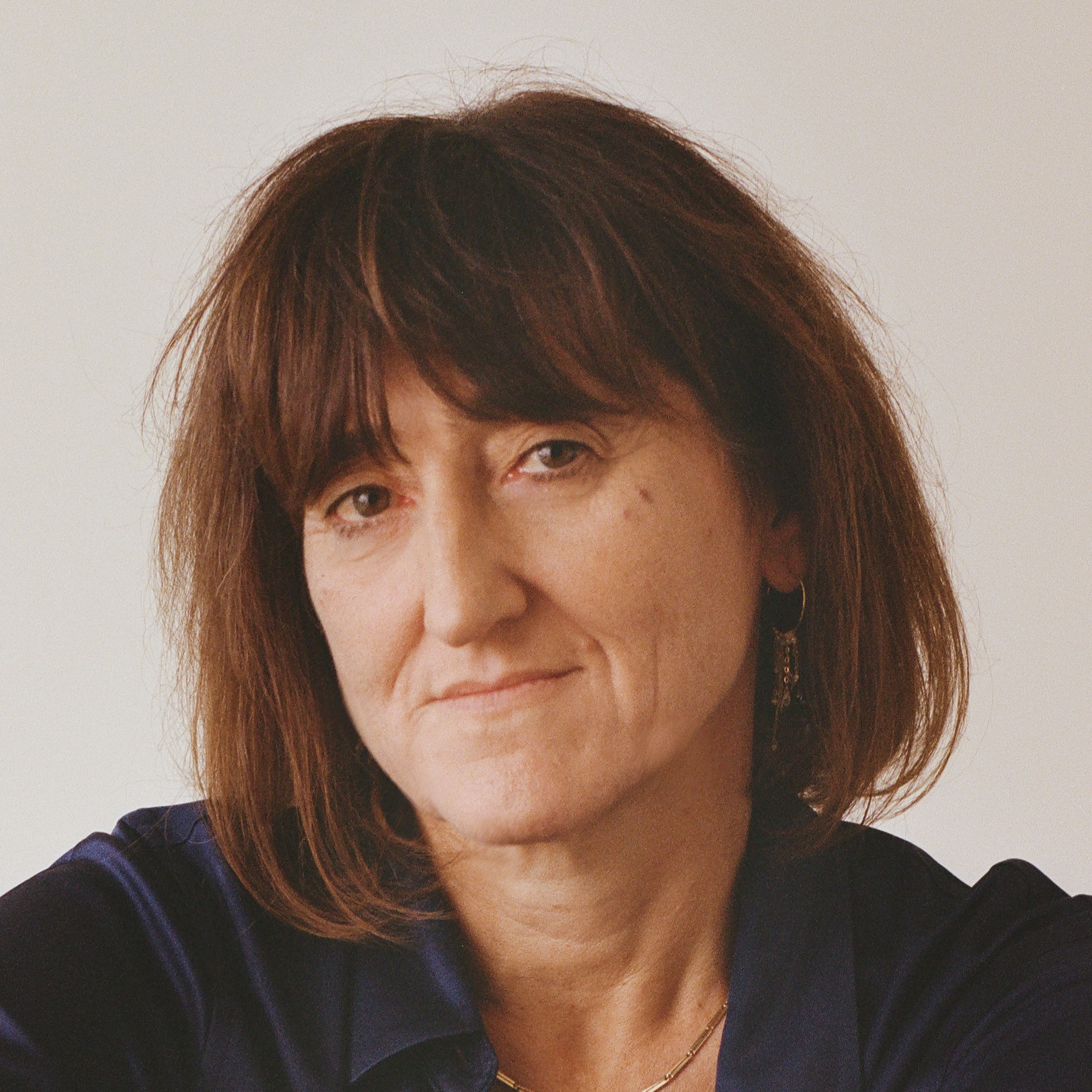
Baroness Beeban Kidron, OBE is a leading voice on children’s rights in the digital environment and a global authority on digital regulation and accountability. She has played a determinative role in establishing standards for online safety and privacy across the world.
Baroness Kidron sits as a crossbench peer in the UK’s House of Lords. She is an advisor here at the Institute for Ethics in AI, University of Oxford, a Commissioner on the UN Broadband Commission for Sustainable Development, an expert advisor to the UN Secretary-General’s High-Level Advisory Body on Artificial Intelligence, and Founder and Chair of 5Rights Foundation. She is a Visiting Professor of Practice at the London School of Economics, where she chairs the research centre Digital Futures for Children, and a Fellow in the Department of Computer Science, University of Oxford.
Before being appointed to the Lords she was an award-winning film director and co-founder of the charity Filmclub (now Into Film).
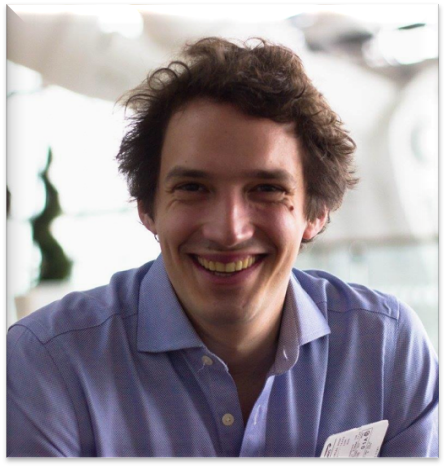
Professor Jeremias Adams-Prassl s research focuses on technology, innovation policy, and the future of work in the European Union and beyond. He is a Fellow of Magdalen College. Jeremias read law at Oxford, Paris, and Harvard Law School, and has held visiting teaching and/or research positions at institutions including Hong Kong University, the Max Planck Institute Hamburg, Renmin Law School Beijing, University College London, the University of Vienna, and Yale Law School.
